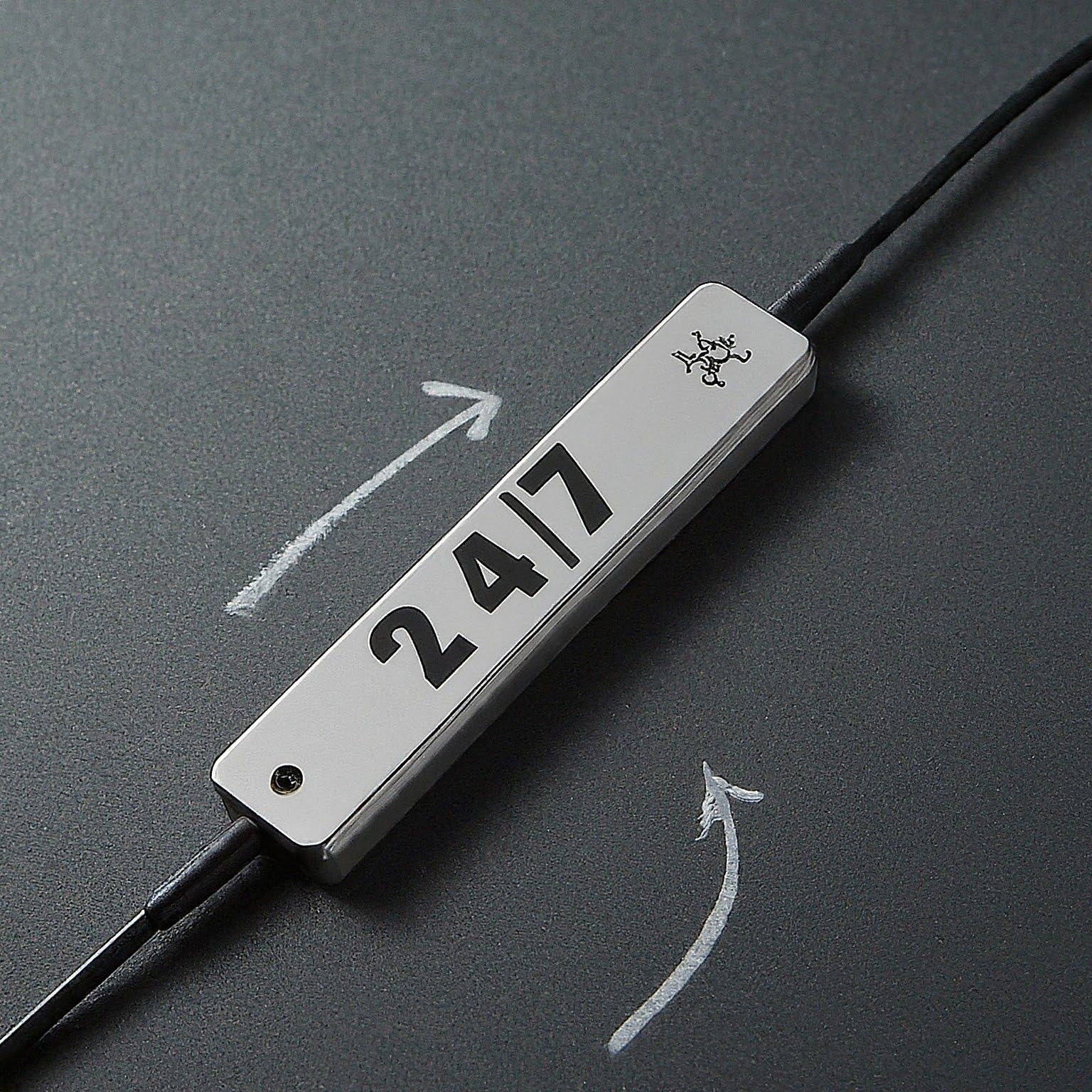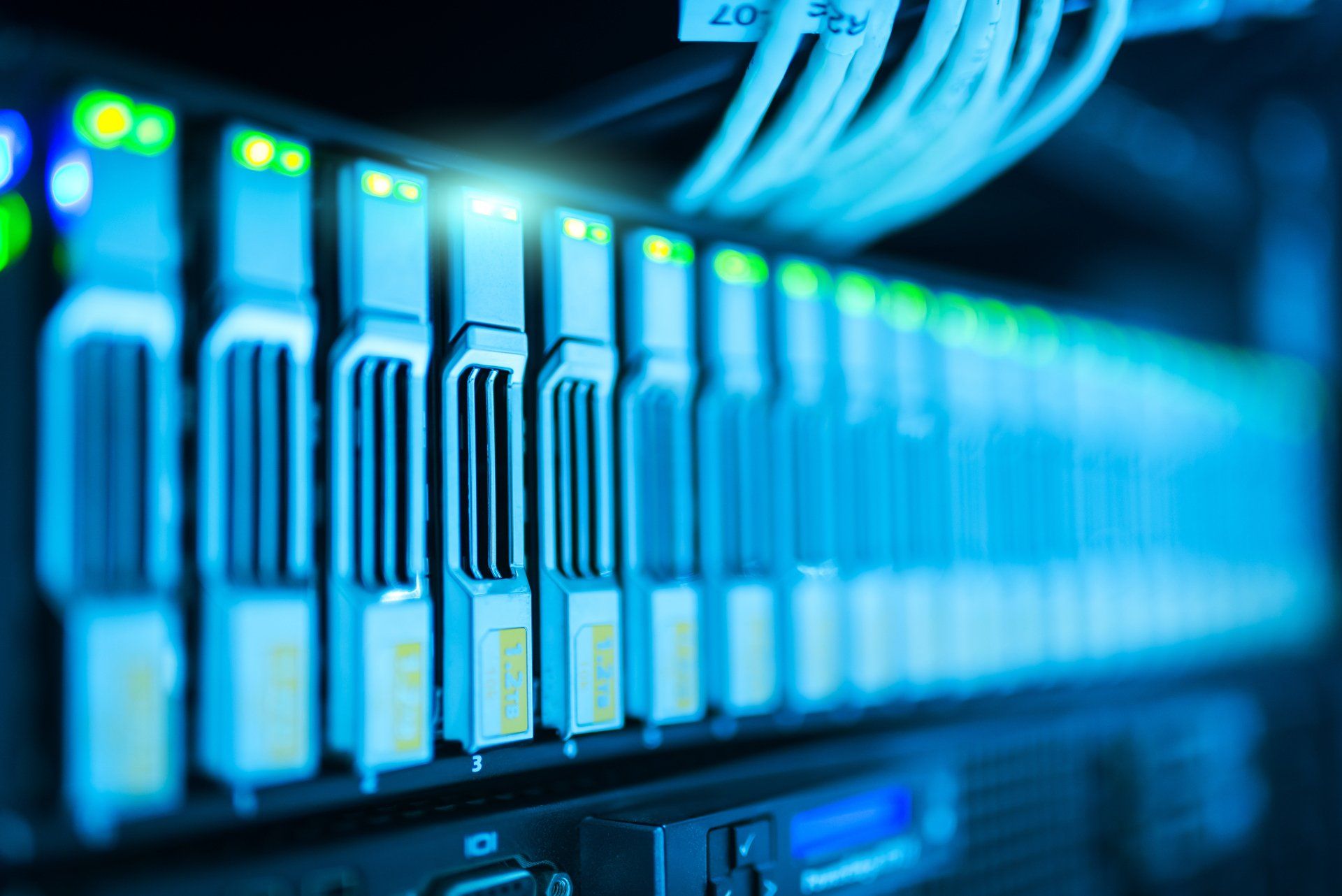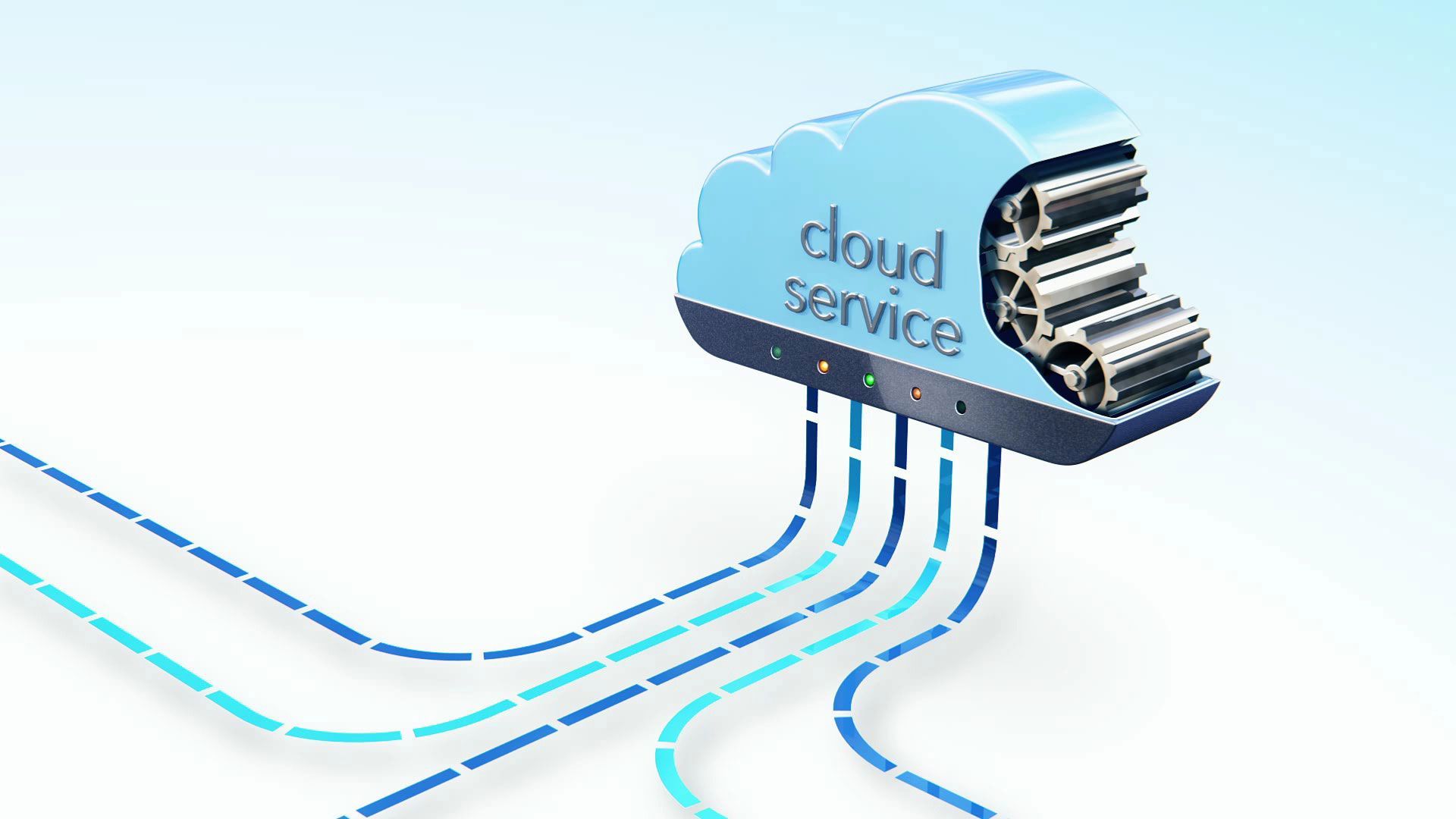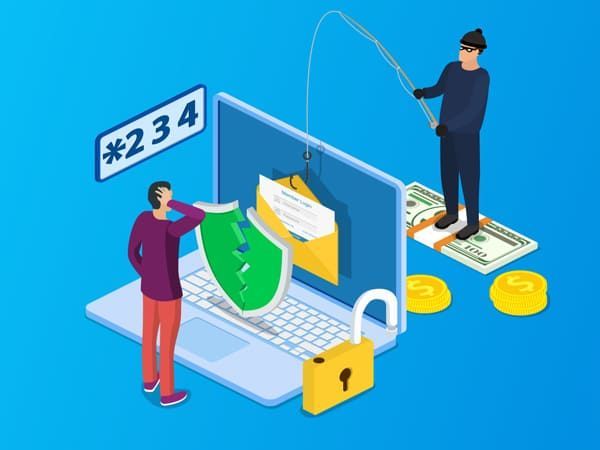Securing Small Business Networks
Securing Small Business Networks: The Imperative of Network Firewall Solutions
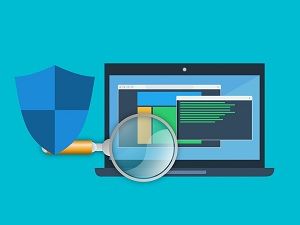
In the digital age, small businesses are increasingly vulnerable to cyber threats, making robust network security more essential than ever. Today we’re delving into the importance of network firewall solutions in safeguarding small business networks. Drawing on our extensive experience and expertise in cybersecurity, we aim to provide valuable insights and practical advice to fortify your business against digital dangers.
Understanding Network Firewalls: Your First Line of Defense
A network firewall acts as a gatekeeper for your business's digital assets, controlling incoming and outgoing network traffic based on an established set of security rules. This critical tool forms the foundation of your cybersecurity strategy, protecting your network from unauthorized access, cyber-attacks, and other digital threats.
The Multi-Layered Benefits of Network Firewalls
- Intrusion Prevention: Network firewalls monitor traffic to identify and block suspicious activities, effectively preventing potential breaches.
- Data Protection: By regulating access, firewalls play a pivotal role in protecting sensitive business data from unauthorized access and leaks.
- Downtime Reduction: Firewalls help prevent attacks that can cause system downtime, ensuring business continuity and productivity.
- Regulatory Compliance: Many industries mandate stringent data protection standards. Firewalls aid in complying with these regulations, avoiding legal penalties.
Customized Solutions for Diverse Needs
We understand that every small business has unique needs. We specialize in customizing firewall solutions tailored to your specific operational requirements, ensuring optimal protection without compromising network performance.
Cost-Effectiveness of Firewall Solutions
Investing in a robust network firewall is cost-effective in the long run. The financial repercussions of a data breach can be devastating for small businesses. A firewall is a proactive investment that safeguards against such costly incidents.
Ease of Management with Professional Support
HCS Technical Services provides comprehensive support for your firewall solution. Our team ensures seamless integration and ongoing management, so you can focus on your business without worrying about network security complexities.
Advanced Features for Enhanced Protection
Modern network firewalls offer advanced features like VPN support, intrusion detection systems (IDS), and intrusion prevention systems (IPS), providing an additional layer of security. These features are crucial in today's evolving cyber threat landscape.
Implementing a network firewall solution is not just a technical decision; it's a strategic business move. With HCS Technical Services, you gain a partner dedicated to protecting your business in the digital world. Secure your network, protect your data, and ensure peace of mind with our expertly crafted firewall solutions.
HCS Technical Services

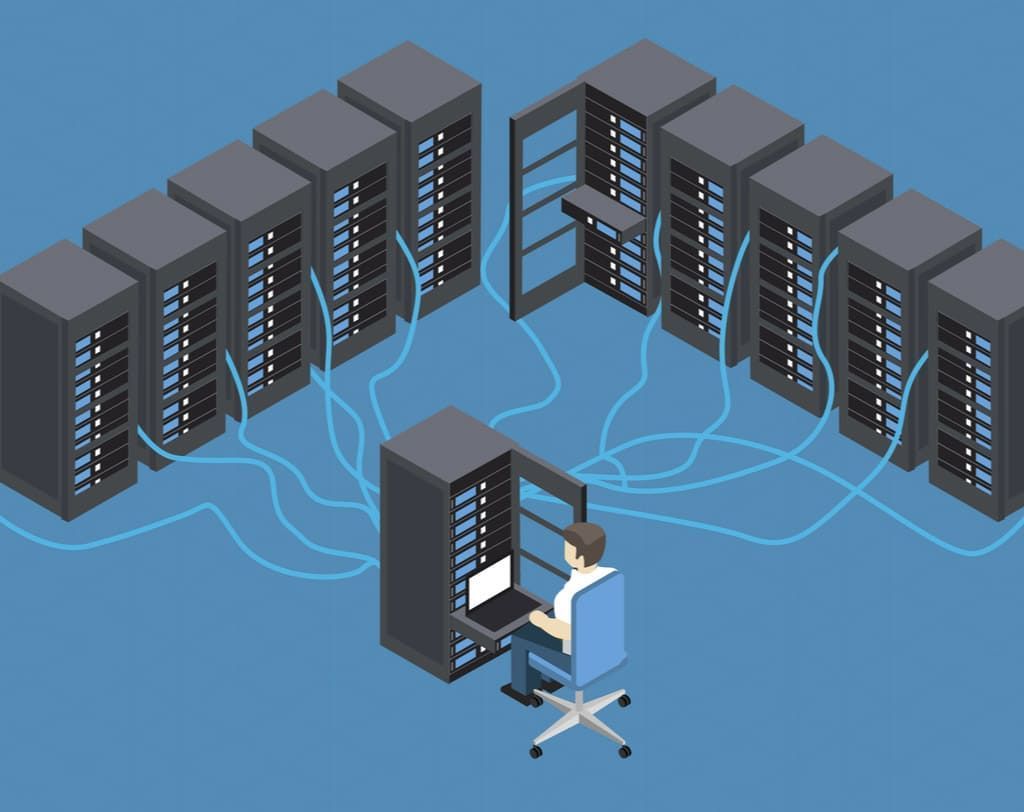
FIND US
HCS Technical Services LLC
120 Riverwalk Dr. STE 310
San Marcos, TX 78666
© HCS Technical Services LLC

